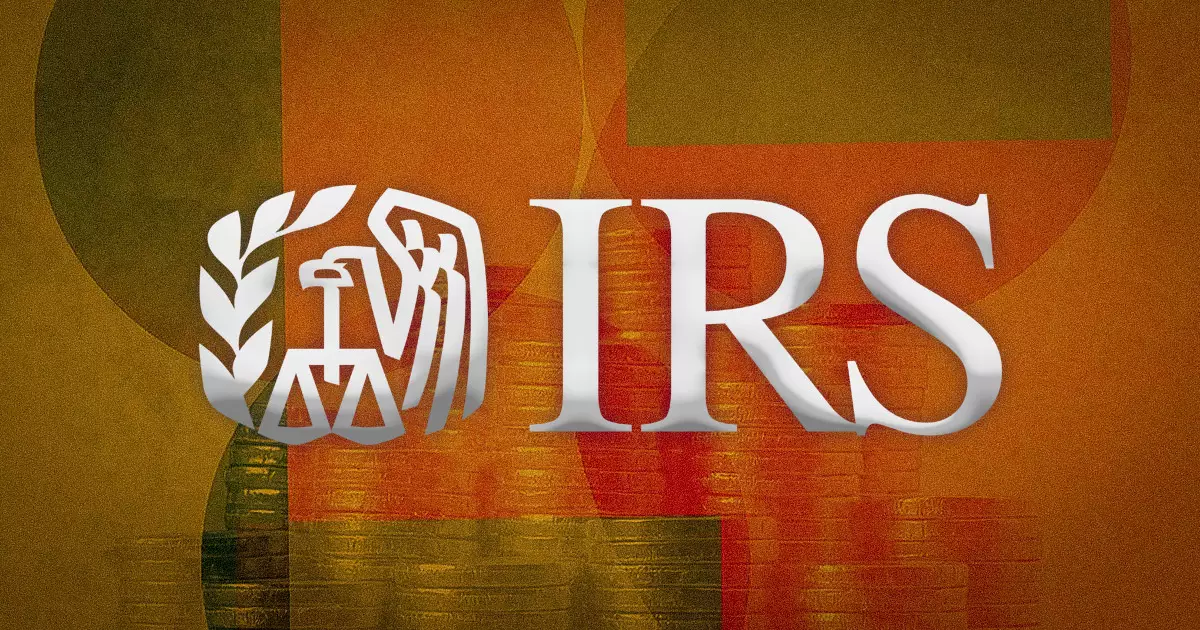The Internal Revenue Service (IRS) recently released updated guidelines regarding the taxation of cryptocurrency staking rewards. These guidelines specify that taxpayers who engage in cryptocurrency staking on a proof-of-stake blockchain and receive additional cryptocurrency units as validation rewards must include the value of these rewards in their gross income within the same taxable year.
For cash-method taxpayers, the rules establish that the fair market value of the cryptocurrency at the point when the taxpayer gains “dominion and control” over the staking rewards should be reported. This typically occurs when the taxpayer can sell, exchange, or otherwise transact with the received units. The Internal Revenue Code broadly defines digital assets as “digital representation of value recorded on a cryptographically secured distributed ledger or similar technology,” which encompasses cryptocurrencies and convertible virtual currencies.
Legal Battle Over Tezos Staking Rewards
In 2022, two cryptocurrency investors filed for a tax refund, contesting the taxation of their Tezos (XTZ) staking rewards. They argued that staking rewards should not be considered taxable income since staking generates new property. Despite rejecting a refund proposal by the IRS and pursuing the matter in court, their case was ultimately dismissed in October 2022. Appeals have since been initiated, awaiting a final ruling. Although this particular case did not result in a definitive decision, the IRS suggests on its website that staking income should be treated similarly to mining income and therefore subject to taxation.
Recent IRS Guidance and Cryptocurrency Tax Dispute
The release of the new guidelines by the IRS closely follows a resolution of a separate cryptocurrency tax dispute involving the cryptocurrency exchange, Kraken. On June 30, Kraken was ordered to provide the IRS with specific investor data. However, through successful negotiations, the scope of the agency’s requests was limited.
The IRS’s guidelines on taxing cryptocurrency staking rewards have significant implications for cryptocurrency investors. As staking gains popularity as a method of earning additional cryptocurrency, taxpayers must now be aware of their tax obligations when participating in these activities.
To ensure compliance with tax laws, cryptocurrency investors who engage in staking must carefully track and report the fair market value of the received staking rewards. By including this value in their gross income within the same taxable year, taxpayers can avoid potential penalties or legal disputes with the IRS.
Given the evolving nature of cryptocurrency taxation and the complexities involved, seeking professional advice from tax experts is crucial. Certified public accountants and tax attorneys with experience in cryptocurrency tax matters can provide valuable guidance on navigating the tax implications of cryptocurrency staking activities.
The Future of Cryptocurrency Taxation
As the cryptocurrency industry continues to evolve, it is likely that taxation policies and guidelines will adapt to the changing landscape. Cryptocurrency investors should stay informed about legislative developments and IRS guidance to ensure compliance with the latest regulations. Additionally, engaging in open dialogue and cooperation with tax authorities can contribute to a more harmonious relationship between the cryptocurrency community and regulatory bodies.
The IRS’s new guidelines on taxing cryptocurrency staking rewards represent a significant development in the taxation of cryptocurrencies. Taxpayers who participate in staking activities must carefully consider their obligations and seek professional advice to ensure compliance with tax laws. With the cryptocurrency industry constantly evolving, staying informed and proactive in cryptocurrency tax matters is essential for investors to navigate this complex and rapidly changing landscape.


Leave a Reply